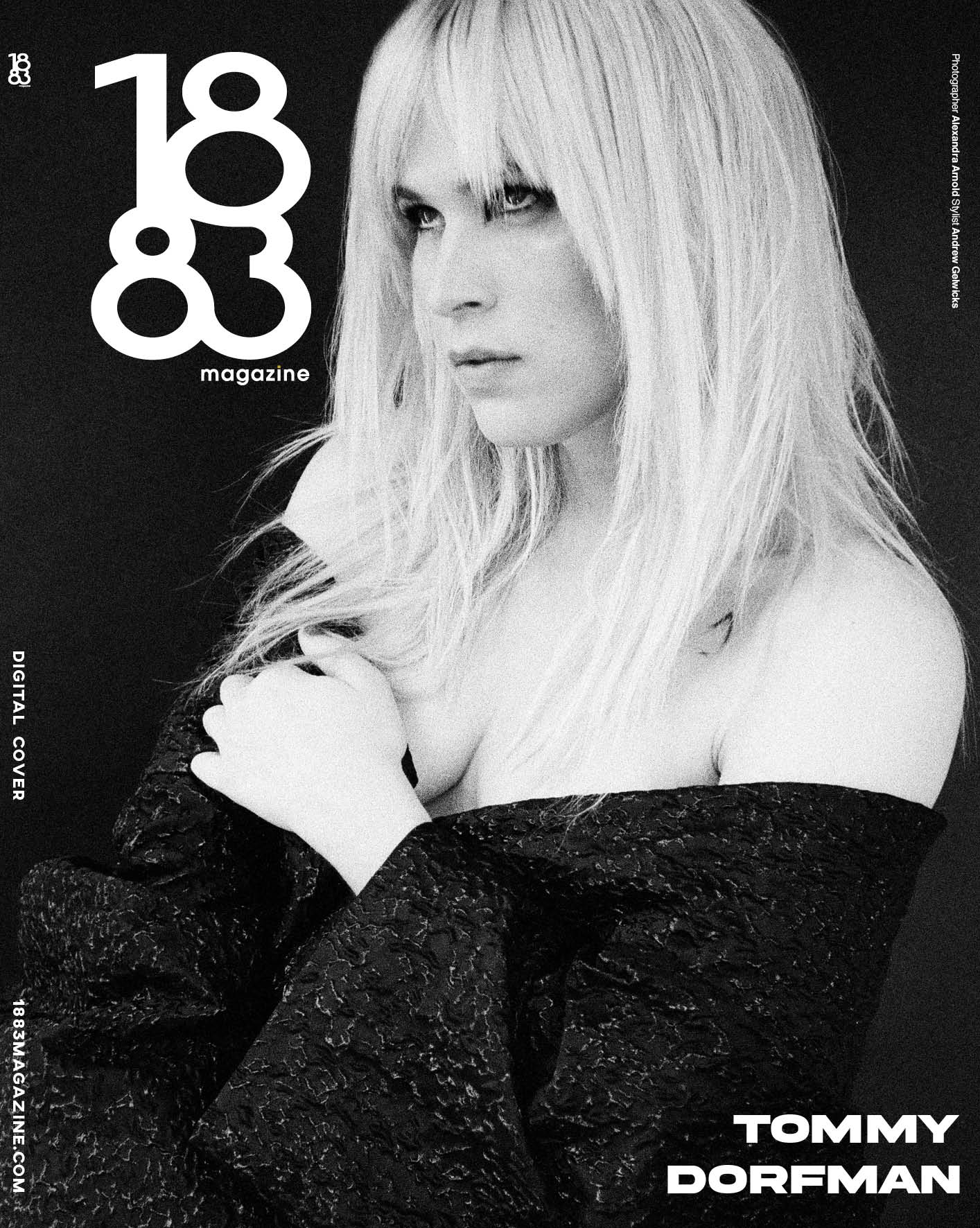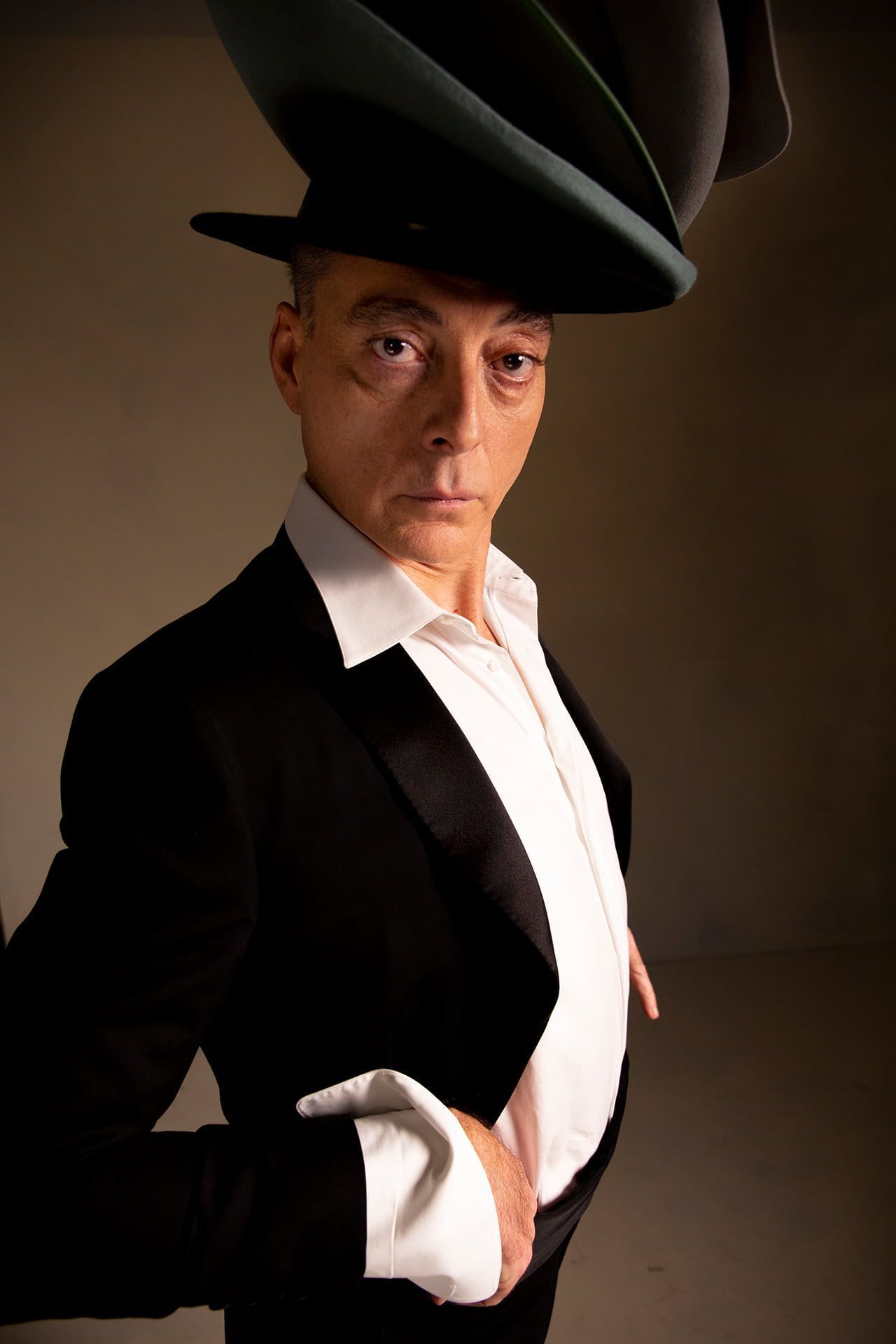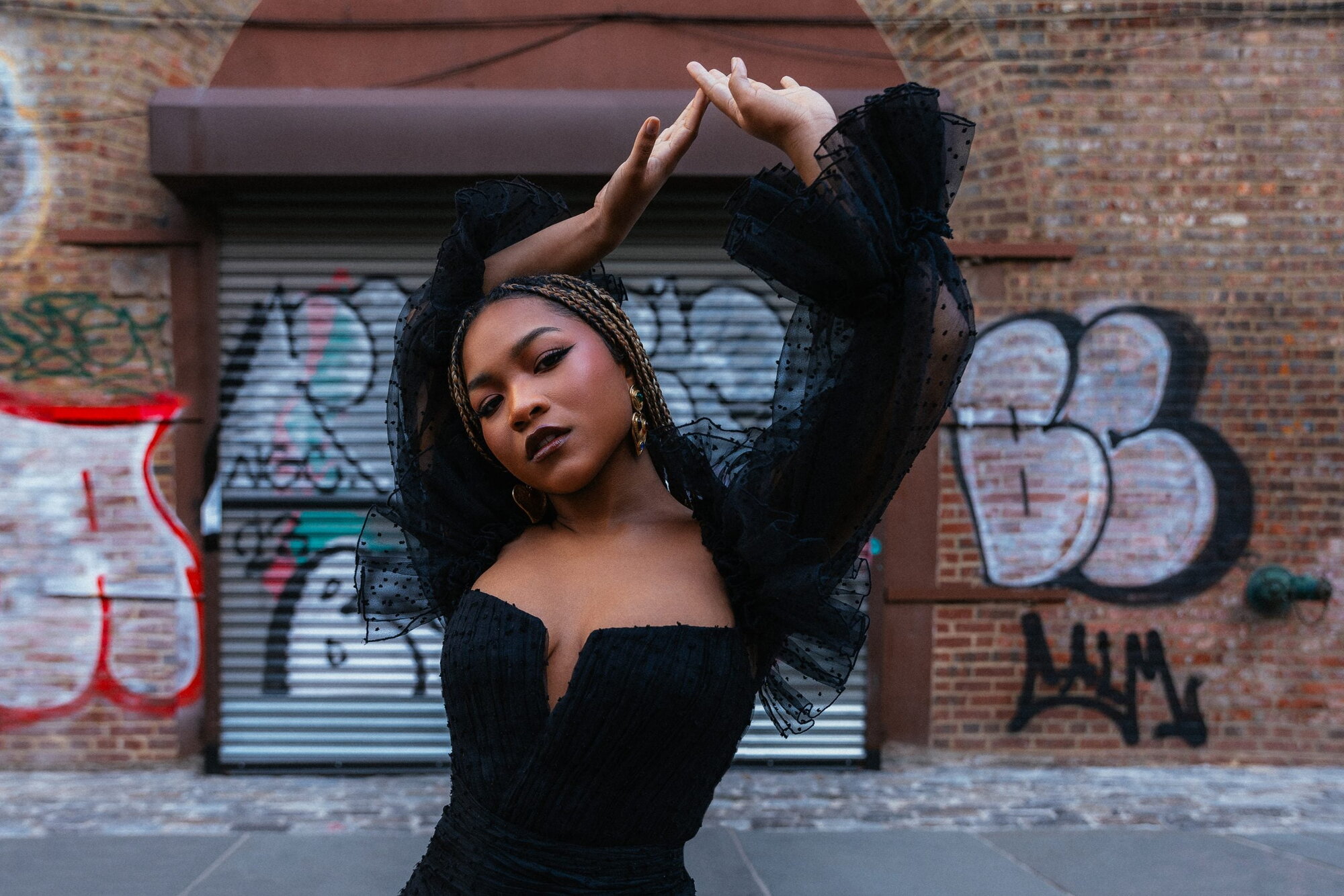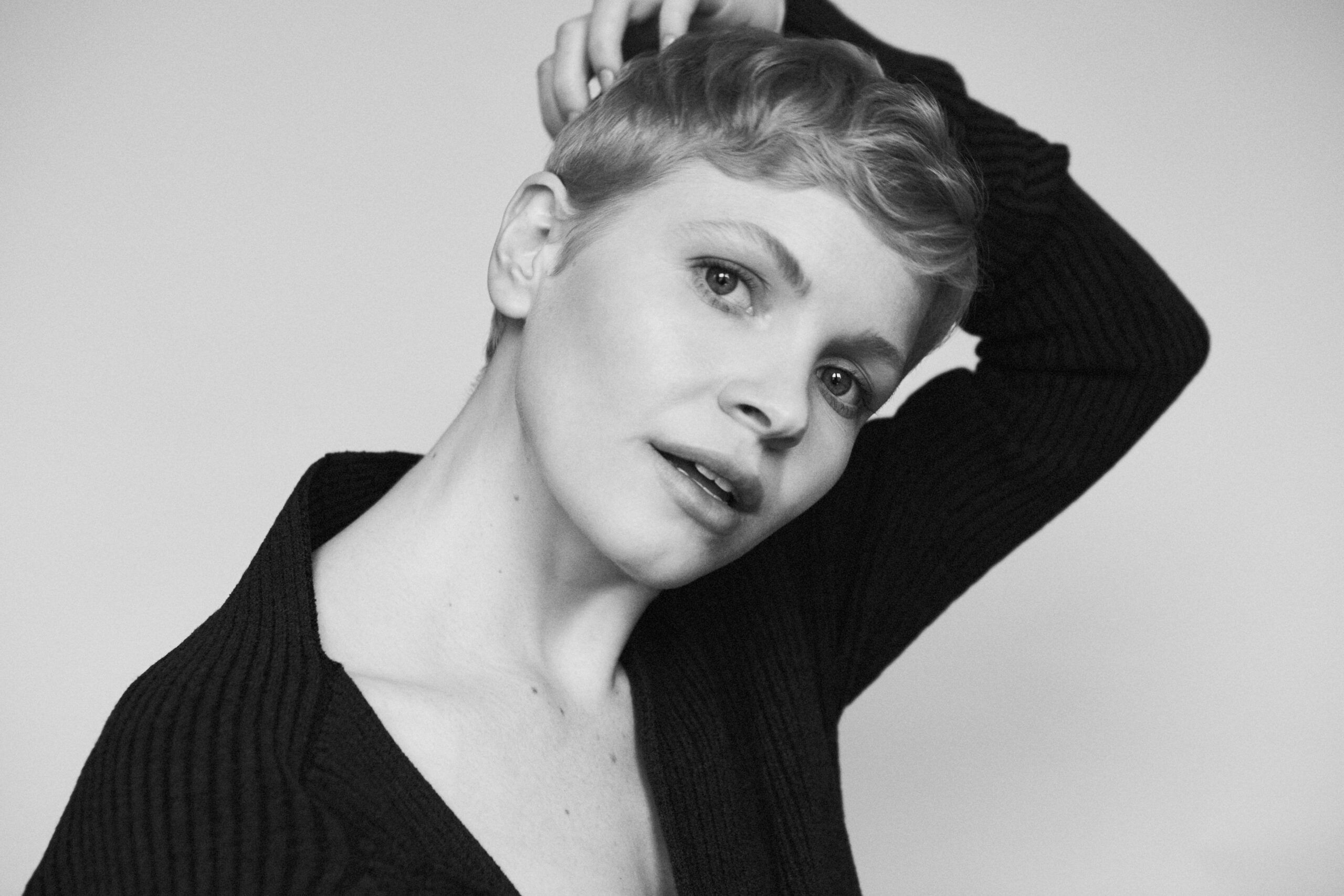
Kate Phillips
Kate Phillips has been masterfully embodying confident, careful, multi-dimensional characters since being cast as Jane Seymour in her stunning debut on Wolf Hall in 2014. A gifted actor whose vulnerability on screen is captivating to behold, Phillips shines in her first leading role as Eliza Scarlet in the upcoming television series Miss Scarlet and the Duke.
With a career spanning one historic decade after the next, Kate Phillips has beautifully depicted the duality of her characters in numerous spellbinding roles, from Linda Shelby in Peaky Blinders to Laura Lyttelton in The English Game to Princess Mary in the Downton Abbey movie. Though she has notably carved a path for herself in the world of period dramas, Phillips hopes to break into the contemporary scene as she continues to build her career.
On the docket for 2021 are two riveting projects. The first, Miss Scarlet and the Duke, is set to premiere in the U.S. this month through PBS Masterpiece. And the second, Benediction, will see Phillips acting alongside the talented Jack Lowden in a film depicting the life of noted war poet Siegfried Sassoon. Grateful for her past and looking forward to the future, Kate Phillips is one to watch as she meticulously transforms herself into each new role.
1883 Magazine spoke with Kate Phillips about the appeal of a project like Miss Scarlet and the Duke, what it’s like working opposite Paul Anderson in the hugely popular Peaky Blinders, and how her work with the ERA 50/50 campaign is helping future generations find gender equality in the film, television, and theatre industries.
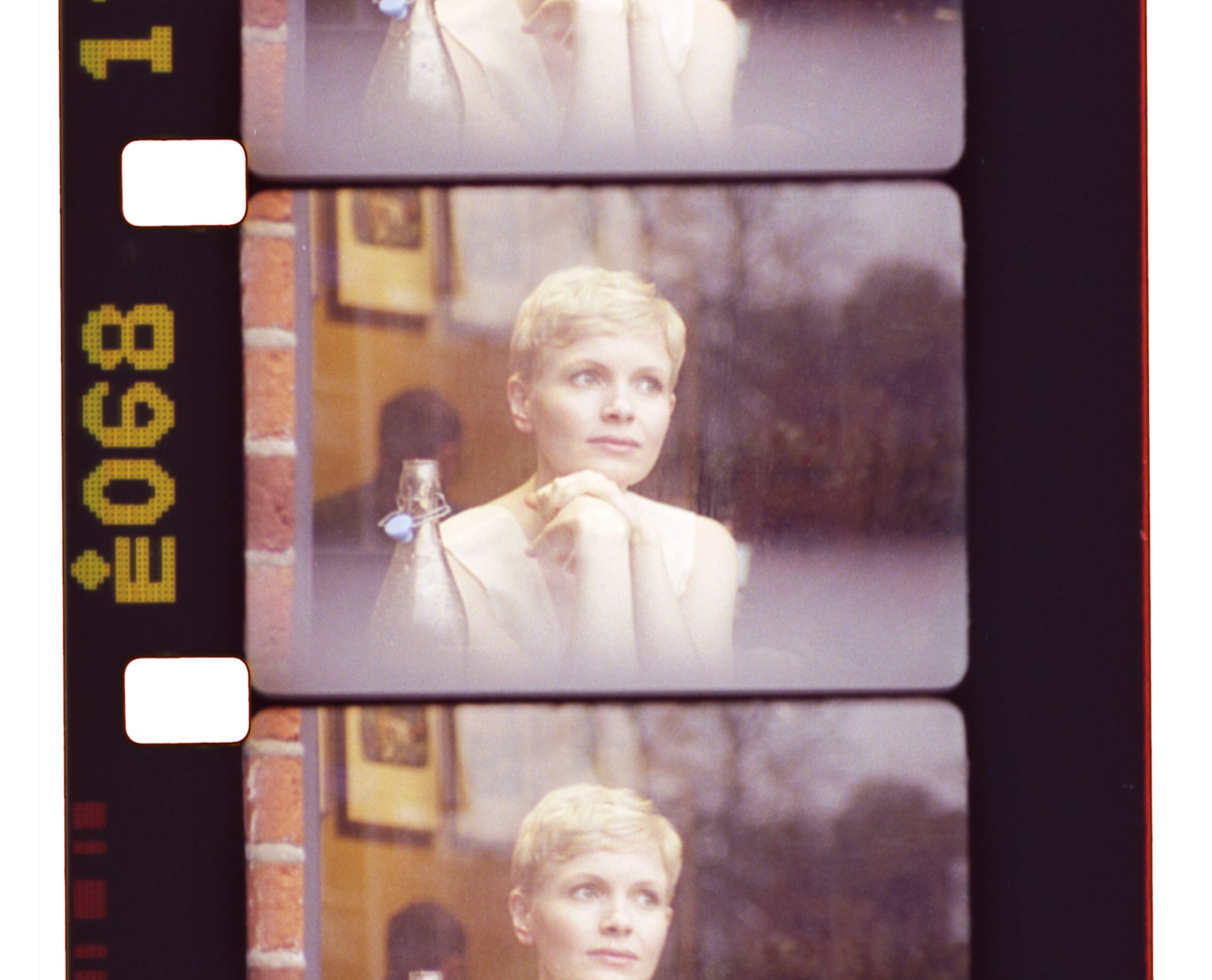
You’re starring in Miss Scarlet and The Duke which is set to premiere in the U.S. in January on PBS Masterpiece. The role of Eliza Scarlet, a female detective, seems to be incredibly nuanced. What was it about this character that made you say, “I really have to play this role”?
All the reasons you just explained; the character being nuanced, she’s complex and she’s well-rounded. You’ve got this really feisty, front-footed, argumentative, clever, witty woman but at the same time, she’s still young and she’s still learning. She’s got great instinct, but she doesn’t always get it right. And it’s really fun playing a character that whilst, they’ve got great instinct, they’ve still got a journey to go on. She’s always having to talk herself out of slightly compromising situations as well. It was all of those lovely, funny scenes that I couldn’t wait to do really. As soon as I read the script, having read the opening title sequence, to be honest, I was like, “I’ve got to be part of this show.” It was like nothing else I’d read before. And she [Eliza] just, as you can appreciate, really stands out as a brilliant character. I couldn’t wait really.
Is that rare to know, pretty much from the offset, like from the opening title sequence, that you’re interested in pursuing a character?
I guess it is rare. You hear actors say this quite a lot, but I think it’s rare to read a script where the writing really jumps out at you as well as the character journey. I’ve played some really fantastic parts and a lot of them have amazing character arcs, but I was offered this lead part and that’s definitely never anything that’s happened before in my career. I think it’s got quite a lovely, unusual tone and it delves into some fantastic and really important subjects. But at the same time, always has a real twinkle and a bit of humor as well, which is really joyous. So, it ticks all the boxes. It’s the kind of thing that I love to watch as well. It’s everything, really.
It’s completely up my alley. I love all those things.
Really?!
Yes! When I was asked if I wanted to speak with you, I was like, “I’m pretty sure I’ve seen everything you’ve ever been in” because you’re always in the types of programs that I like to watch!
[Laughs]. Oh!
So, I’m very excited about Miss Scarlet and the Duke. I know it’s set in Victorian England—what did you most enjoy about filming a show that takes place during this period? Do you feel as though you learned anything about the historical elements of this time that you weren’t privy to before?
I mean, you go ahead and do the research you can do. I read books like How to Be a Victorian, things like that, and they’re really great because they give you a bit more texture and a bit more context. And any little bits that you can perhaps bring to the role. You never know what you’re going to discover, really, or what things might be helpful. I’ve been very lucky, I’ve only ever done period pieces. The most contemporary drama I’ve done is 1952 and that was The Crown. So, actually, I don’t really know what it’s like to be on a contemporary set. [Laughs]
But I do appreciate that there’s been months and months of work and research that has been done before you even step onto these sets. We were actually on location in Dublin, and we walked into these houses there and the set designers have gone in and just completely transformed the place. I mean, down to the crinkly bits in the wallpaper because they want it to look like it’s slightly deteriorated. Every single detail has been thought out and considered, and even Eliza Scarlet’s living room; the color scheme was run by the costume designers to make sure the colors worked well together. It’s all so beautifully considered and actually, it’s not until you step into the clothes or you walk onto the set that you’re like, “Okay I understand more about this world and I know now why she chose this rug!” You know what I mean? I just love it. I think I can do as much work as I possibly can, but to be honest with you, everyone else is doing their job and you take so much from what they’ve got to offer and what choices they’ve made. Luckily for me they were a fantastic, fantastic creative team all around.
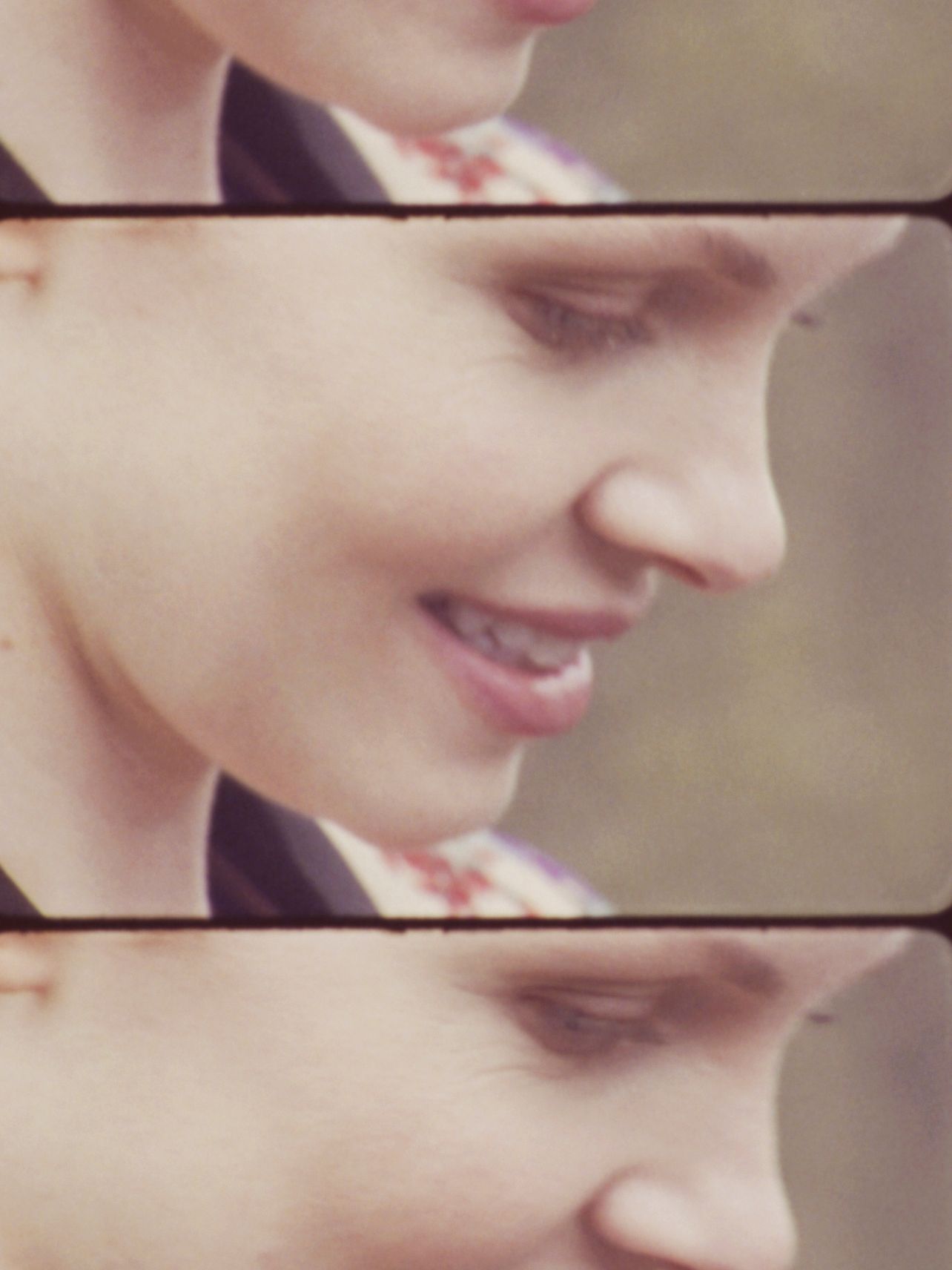
I’m sure it helps you get into the character when you feel like it’s an immersive experience—when all the details from the wallpaper to the rugs—really make you feel like you’re in that world.
When you see the work that’s been done, it does make you go, Shit, okay I’ve really got to pull this out of the bag. Because there’s so many people who have worked so unbelievably hard to create something and now it’s my turn to do as good a job as I can possibly do. It raises the bar for you, I’d say. And what’s particularly lovely about this show [Miss Scarlet and the Duke] in particular is it’s quite vivid on the screen. It looks quite punchy.
It does. There’s a real vibrancy to it.
Yes, exactly! There’s a vibrancy to it. That comes out on the set and in the costumes as well. And I love that. It’s very stimulating to be part of such a colorful world.
It’s definitely very appealing to a viewer, as well, because it enhances the overall experience. When you think of Victorian England, you typically think of it almost being more subdued, so it’s nice to have those touches of vibrancy. It helps you engage with the content more.
And there are moments where you go into a slightly darker world, so you sort of enjoy the contrast. But yeah, you’re right, it’s not just dreary image after dreary image. I think that’s what a lot of people imagine London looks like, even today.
You had mentioned that you’ve done a lot of period pieces. Is this a conscious decision you make when exploring new opportunities?
Well…it’s not a conscious drive, I’d say. I really welcome the opportunities I’ve had and continue to have to audition for and be a part of period shows. I do try to get involved and some contemporary drama. I just haven’t been very lucky in that regard. So, I will keep trying! I was lucky enough to be part of The English Game, which is a Netflix drama, which is set in Victorian England at the same time as Miss Scarlet and The Duke, and they are completely different feels and completely different shows even though they’re set at the same time. It does feel like it has been varied. It’s not for want of trying! I would like to know what it feels like to be on set in a pair of jeans. That would be quite interesting.
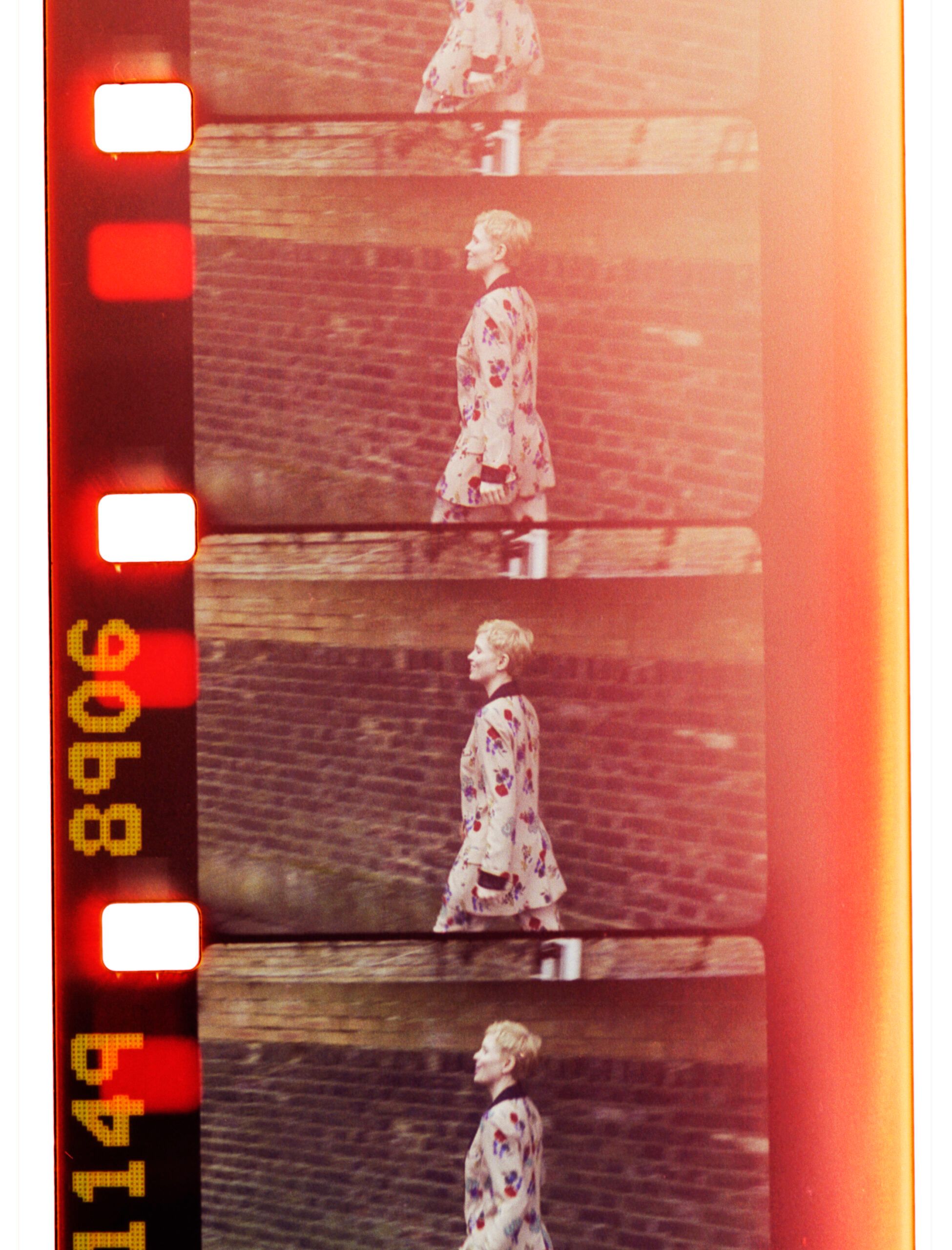
Just a totally different situation! And see how it feels to transform into that type of character.
Actually, it probably makes you more vulnerable making it because you’re potentially playing a character that’s a lot closer to you. So, I don’t know what that would feel like as well.
I never thought of it like that—that you’d be playing a character that was more like yourself…
Yeah, perhaps. And maybe it’s easier to hide behind a corset and a hairstyle. You never know!
Definitely, something to discover! The characters you play are always very witty and sharp and confident—you breathe life into them in such a reassuring fashion. What is your preparation process like when you’re transforming into a new role? Does it vary depending on the character itself—for example, do you approach preparation differently for a character like Linda Shelby who’s much darker than other roles you’ve played?
It does vary. I’m probably I’m quite an anxious actor. Like I’d never think that I seem to know what I was doing. I’m always very keen to find out what the creative team has in mind for that role. Whether it be for this show, [Miss Scarlet] it was the showrunner and the director and for other shows it would be the director and the writers. You know, and just what the style of the show is for Peaky Blinders, I watched a lot of the earlier series before I joined in series three just to understand the tone. And you sort of re-read the scripts a lot in order to understand what your character journey…what their role is, really, in the landscape of the show. So, I would do that really and I always say this, and it’s so boring, but I would learn my lines as early on as I possibly can so it comes to the point where I might be brushing my teeth or something and suddenly, I’m thinking of my lines and something will inspire me and I’ll be like, Oh, I understand that role! Or I understand that line in maybe a way I hadn’t before. And often when you’re doing some weird domestic task…something clicks. So that’s why I quite like to understand and learn my lines as early on as possible. So maybe you might be inspired. But then sometimes just knowing your lines in the moment can be really fantastic, too. So, I don’t really know, it totally depends whatever character you’re doing.
In that same vein, when you have a character like Linda Shelby who is sort of multi-dimensional and initially appears one way, only to blossom into this other version of themselves—Linda starts as a devout Quaker but then transforms into a seedier version of herself the longer she’s with the Shelby clan. How do you approach this duality that exists inside your characters—is this something you do when you’re filming?
The preparation might be…it’s pretty interesting because you might have an idea of how you want to perform it but it’s always very different as soon as you walk on set. It’s a completely different world. And also, you’ve got to be really responsive to what the other actors are doing as well. I really like working with Paul Anderson because he sort of pushes me to consider things that I might not have already thought about. So, often the scenes that are played in Peaky, I’ll play it in a way that I had anticipated, so there’s only so much preparation you can do. With Linda I couldn’t have anticipated where she was going to end up at the end of season four.
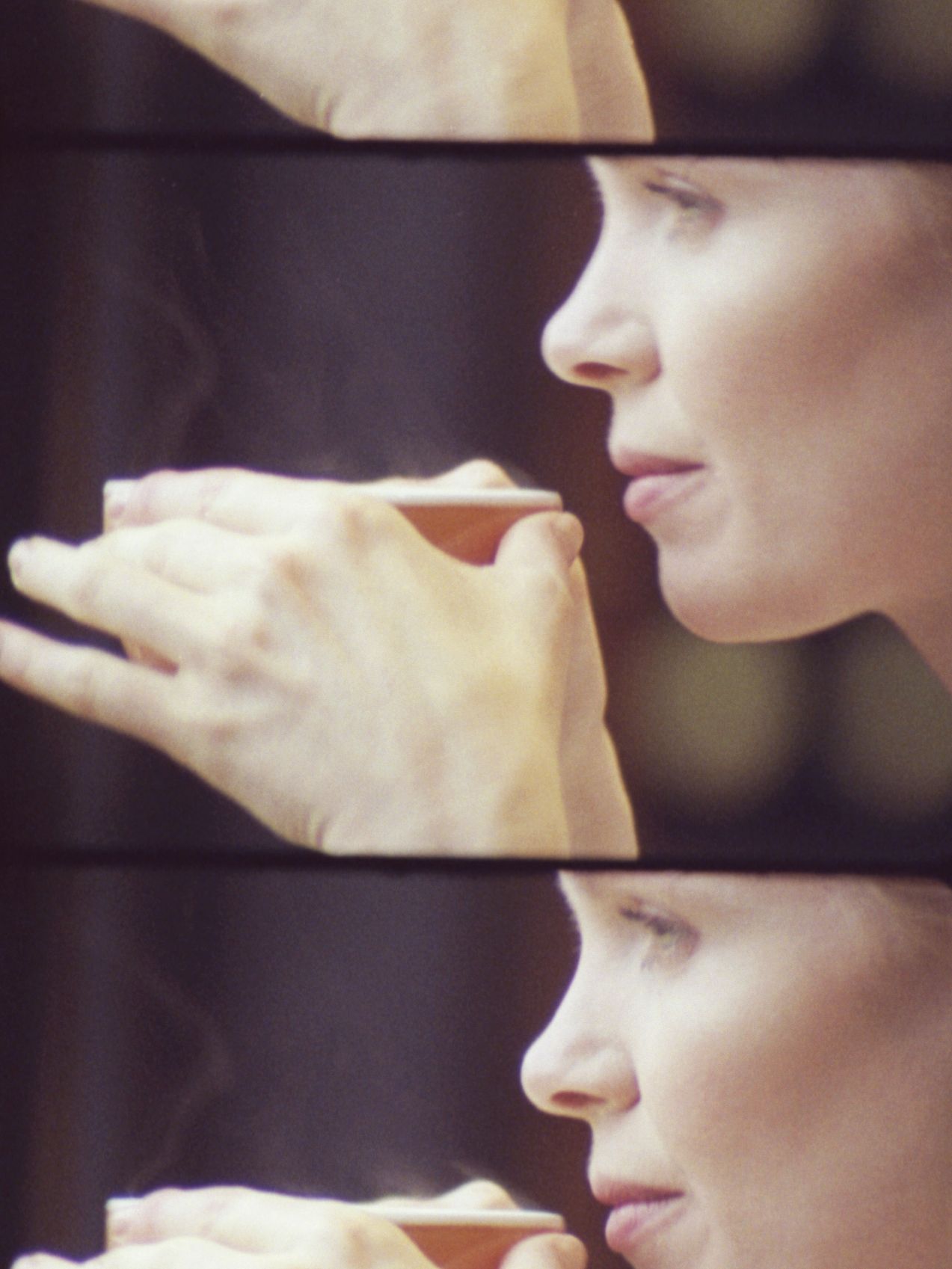
But I always knew there was an undercurrent of something going on with her that no one really understood. And that’s the kind of support you get from the director, he understands, perhaps, the layered complexity that Steven Knight had written into that character. I’m definitely the type to be like, Tell me what to do, how can I make this better? So, I’m very grateful for other people in and around the set who have any ideas.
That’s one of my favorite parts of watching the shows, the scenes where you’re working with Paul Anderson who plays Arthur Shelby. There are so many moments where Arthur is being really theatrically dramatic. One of my favorite scenes is where he drunkenly tips a table over while yelling at Linda. How do you keep your composure during these scenes where Paul is so perfectly embodying this type of chaos?
The scenes are rehearsed so you know what’s coming. I think it would all be a bit crazy, I mean, there’s always a little bit of space for improv and stuff. I think for the most part you know you’re safe, you know nothing dangerous is certainly going to happen anyway. But what’s great is that I’m playing a character who has a huge amount of composure. If she’s struggling underneath, she doesn’t really let on and that’s quite handy. I think I’ve played a lot of those characters, actually. Stoic and very strong but a lot of trauma and grief perhaps behind the eyes. [Laughs].
[Laughs]. That’s funny that you mentioned that actually because one of the notes that I made for our interview was that there was a stoicism to so many of your characters! Which has been interesting to see. I’m sure the rehearsals probably help with that.
You find out a lot of stuff during the rehearsals, which is great. You know, those conversations between the three of you, me, Paul, and the director. So perhaps there’s a little bit of space to go, Let’s see what happens there. But you always know you’re a team, you know not to worry. You’re safe.
I’m sure that’s incredibly reassuring! Your career has really taken shape primarily over the last six or seven years since you were first cast in Wolf Hall in 2014. What a whirlwind! Do you have specific goals for yourself and your career over the next several years?
Yes! I’d love to carry on doing the varied projects – they are so exciting. I want to have more experiences like I had on Miss Scarlet and the Duke because it was such a happy time and I just really hope to have more of those times. I’d also maybe like to do some contemporary drama!
That must be flattering to be like, “They want me to come back.”
If you kind of create a company then sometimes you want to revisit those worlds and revisit those relationships, don’t you?
Absolutely. It’d be like Christopher Nolan who uses the same actors in everything because he has such faith in them.
[Laughs]. Exactly!
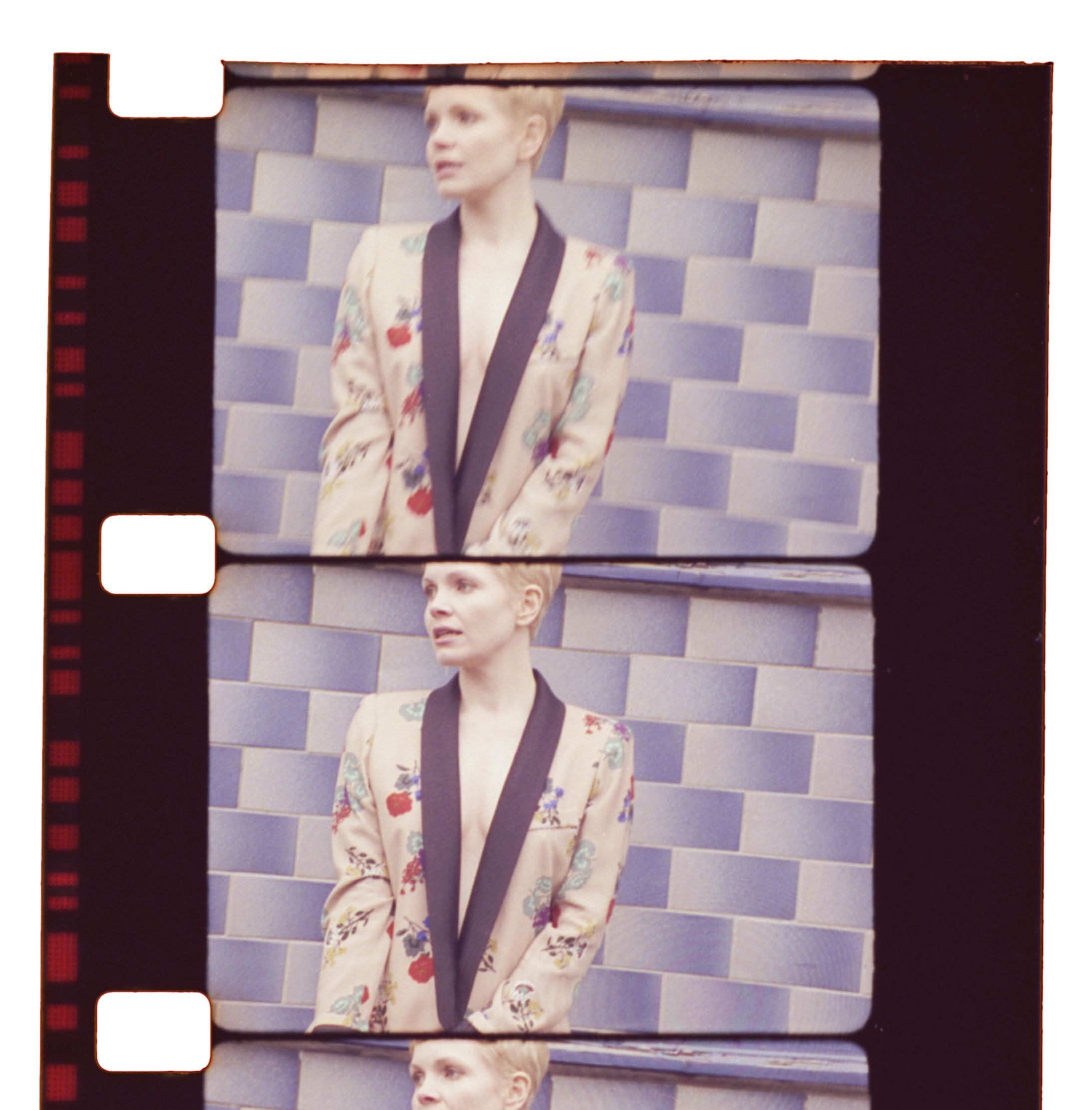
In addition to your acting, you’re involved in the ERA 50/50 campaign which is centered around seeing women represented on screen, television, and theater in equal number to men. How did you first become involved in this campaign?
You know, I didn’t know a huge amount about it. I can’t remember how many years ago it was now, maybe four or five years ago, that I decided I wanted to be interested in other things besides going up for auditions. And I knew there was this little cluster of women who were meeting at the National Theatre who met every Friday morning so I went along and timidly sat in the back and listened to them speak and found it very, very interesting. It was fantastic to be a part of something which felt much bigger than me. And that was at a time where we were working toward this massive launch which we were lucky enough to have hosted by BAFTA at BAFTA. I was working to support these women to put together this kind of presentation for and to industry professionals to show them what’s happening and say, “Be a part of the change and this is what we can do.” And that felt very exciting. The work that continues is very complicated and sophisticated because, as you can imagine, it’s great to have the campaign in the first place but then how do you sustain it and keep people’s interest? And recognize that there is change happening but there’s a huge amount that still needs to be done? I have a huge amount of respect for the women who are at the front line and I want to do as much as I can to support them along the way. And a lot of that is having to sit down with Parliament to try to get some legal change, such as theatres having a fair share of public money and a gender balanced work place. But, as you can imagine, with Brexit and COVID, it’s not really at the front of people’s agendas at the moment. But all very important stuff.
It’s good to have that groundwork in place and that representation and core campaign already founded to progress that idea that something that should have already been happening for decades will hopefully sort of start turning in that direction now.
Yeah, yes!
I like to end my interviews with more of a fun question, so: On Wolf Hall you played Jane Seymour, Henry VIII’s third wife. If you had to choose a favorite wife of Henry VIII, would you choose Jane Seymour or do you gravitate more toward one of the other women?
God, I would definitely choose Catherine Parr! Catherine Parr is the last one?
Yes!
I’d definitely choose her! A. because she survives him. [Laughs]. And she goes on to, from my knowledge, she actually goes on to become happily married. Because she’s quite young when she’s with Henry and she pretty much just acts as his nurse. And she sort of nurses him through his later years and then gets to marry exactly who she wanted to all along. So, yeah. Number six!
She’s victorious! I’ve always been an Anne Boleyn fan forever, but I felt like the more that I’ve researched all the wives I’ve realised that there are so many details about each of these great women that sort of gets pushed aside because of his notoriety.
Absolutely, yeah. Anne Boleyn is a very tragic figure. It makes me quite sad, really. I’m reading the third installment of the Wolf Hall trilogy actually, The Mirror and the Light, and it’s not actually something to read before bed! You’re living in this world, Tudor England, where people are getting their heads chopped off left, right, and center. And it’s beautifully written, she’s [Hilary Mantel] just done an extraordinary job, but it is very dark and tough times.
I definitely understand where you’re coming from because I always have to very selectively choose my bedtime reading. Because when I choose something like that, I feel like I always end up having really odd dreams!
Well actually, apparently scientifically, the thoughts you have just before sleep, they get reinforced in your dreams, don’t they?
They permeate your subconscious!
I think probably over time it’s not a good thing to read dark material before bed! And in fact, we should be thinking positive affirmations before sleep. That’s what we should be doing.
For US readers, Miss Scarlet and the Duke starts January 17 on PBS Masterpiece
Interview Sam Cohen
Photography Josh Shinner
[embedyt] https://www.youtube.com/watch?v=n_-55vkr1Y8[/embedyt]



